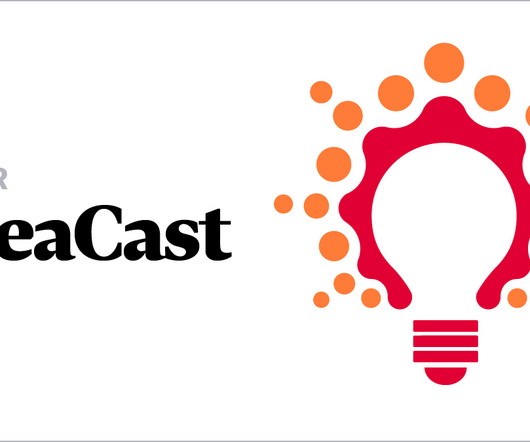When Your Boss Gives You a Totally Unrealistic Goal
Harvard Business Review
JANUARY 9, 2024
There are many reasons why bosses set unrealistic goals. They may have heady aspirations and subscribe to the popular notion of “big, hairy, audacious goals.” Alternatively, they may be removed from day-to-day operations and not realize the logistical or process-related difficulties of achieving it. Or they may recognize that the goal is unrealistic but face pressure from higher up the food chain or important clients.



















Let's personalize your content